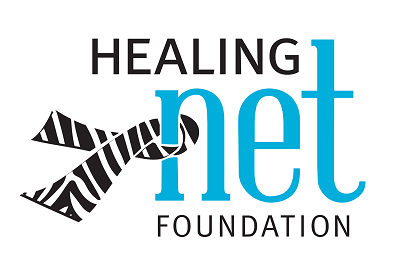Making Treatment Decisions
/Caring doctors will always support your efforts to understand your disease. Work to foster open, honest communication with them. Share your hesitations and struggles. Don’t be afraid to ask questions or request a second medical opinion (or even a third) before making a big treatment decision. Patients who are secure in their treatment decisions often report improved outcomes, including better quality of life. Remember, you are a vital part of your care, and what you bring to the process is the most important filter of all.
"The more quality information you have, the better decision you can make. Working with a specialist helps get more information, detail, and experience about the different treatment options, which can fill out the picture and help you evaluate what is right for you. Such choices can be very personal too. Your thoughts and feelings about treatment choice are critical. The most important thing is to remember that we are here to help you."
--Eric Liu, MD, FACS
Following this process may help with your decision-making:
- Start with yourself. List your goals for treatment and preferences for your quality of life, and anything else that is important to you. Do you prefer to be treated close to home? Do you want to continue working during treatment?
- List any financial, insurance and logistical considerations that might affect your decisions.
- Ask your medical team about the effectiveness and side effects of treatment and the time it will take to recover.
- Ask what else is out there. Clinical trials can be an avenue to therapies that show promise but are still considered to be “investigational.” It is important to remember that statistical data from scientific studies is averaged across a large patient population, and your experience with a particular treatment might be different from the “average.”
- In addition to getting a second opinion, request that your case be reviewed by a multidisciplinary tumor board if available.
“There are so many layers of information, and it takes repetition to begin to integrate it all. We start with questions about diagnosis, treatment options and prognosis. Most of that initially comes from the doctor. That information is enhanced and supplemented by many other sources, including primers like this, websites, and patient support groups. It’s easy for patients to get overwhelmed. The knowledge base is so deep that it’s our responsibility as providers to make sure we supply the information at a time when it can be accommodated and at a time when it’s relevant.”
--Hagen Kennecke, MD, MHA



